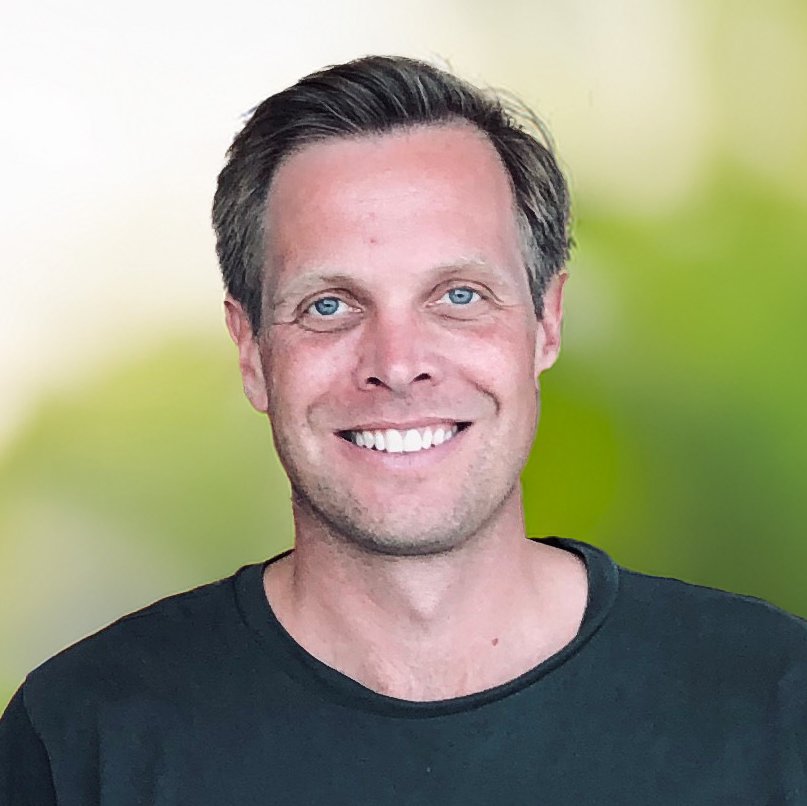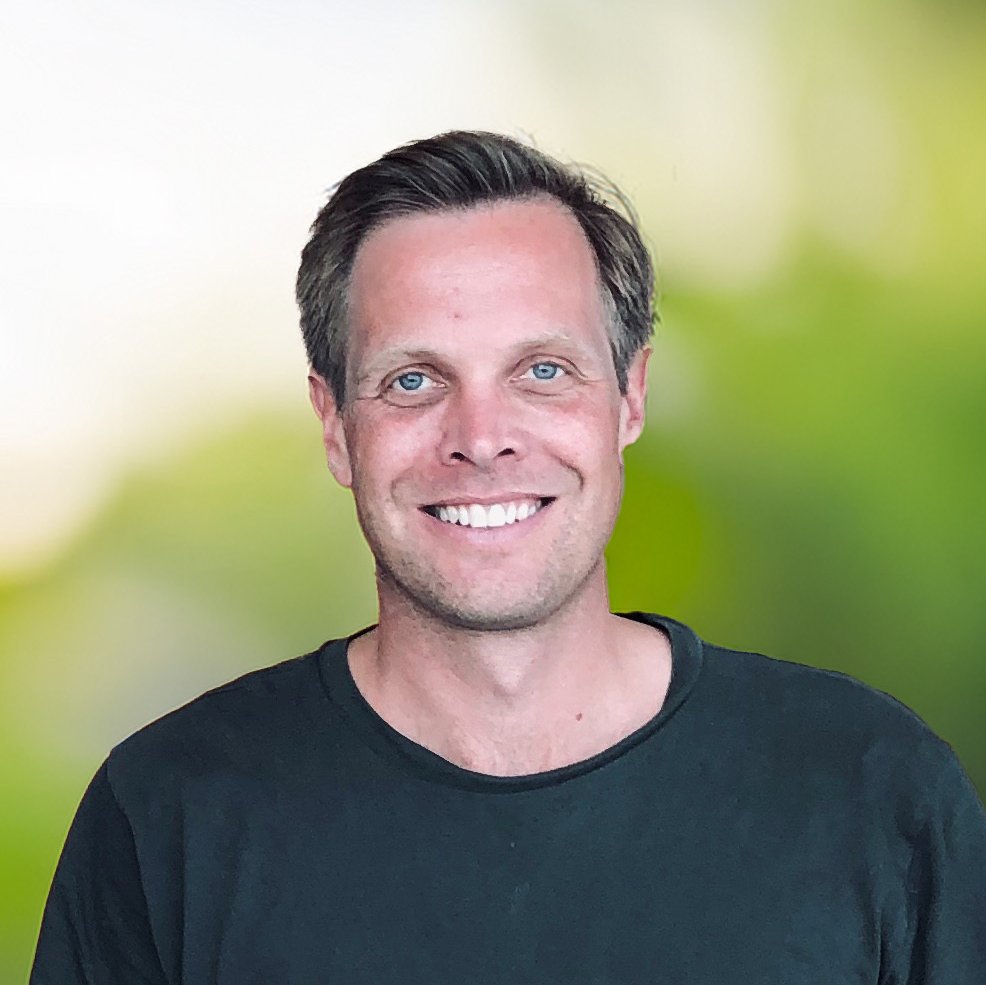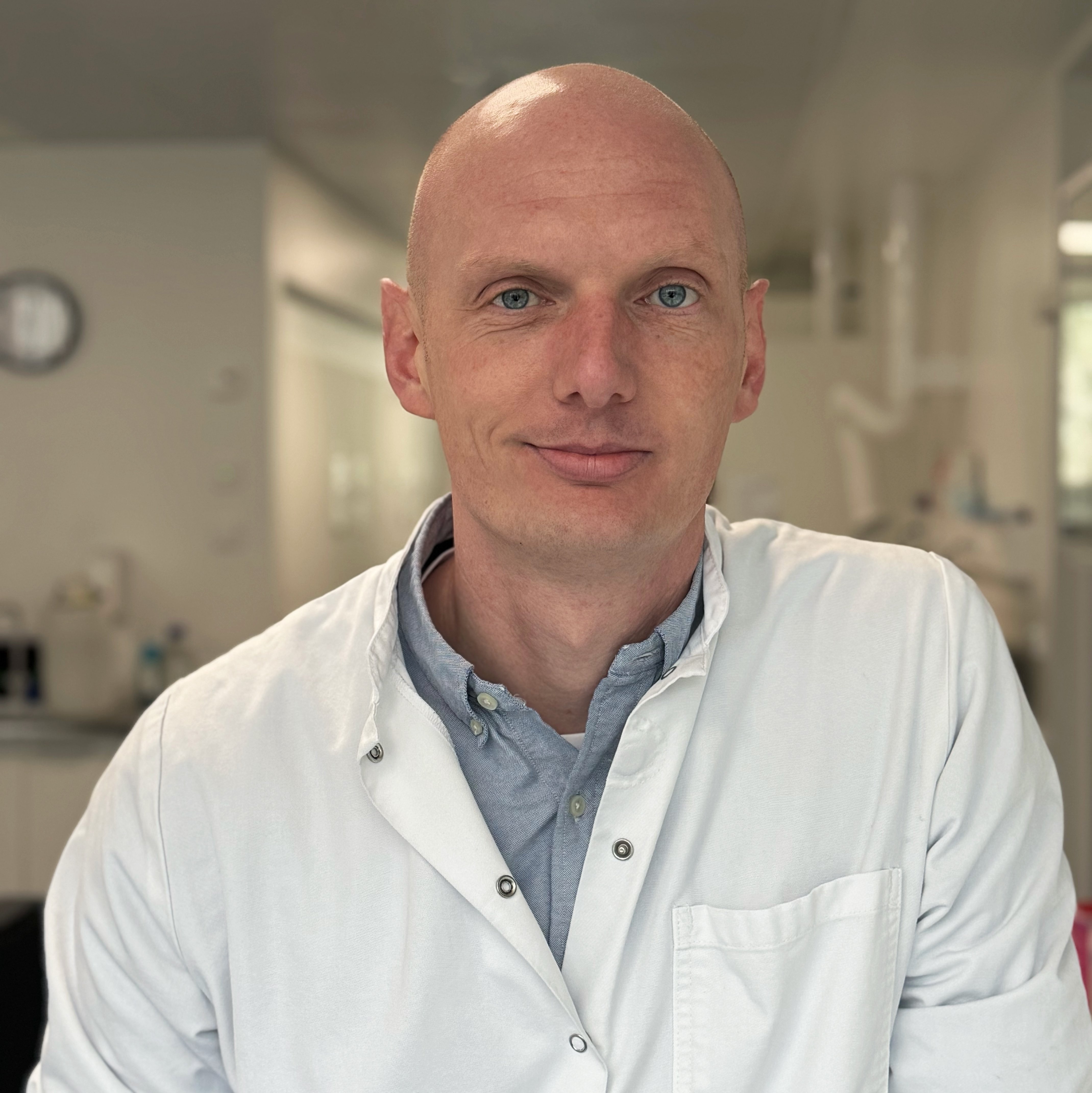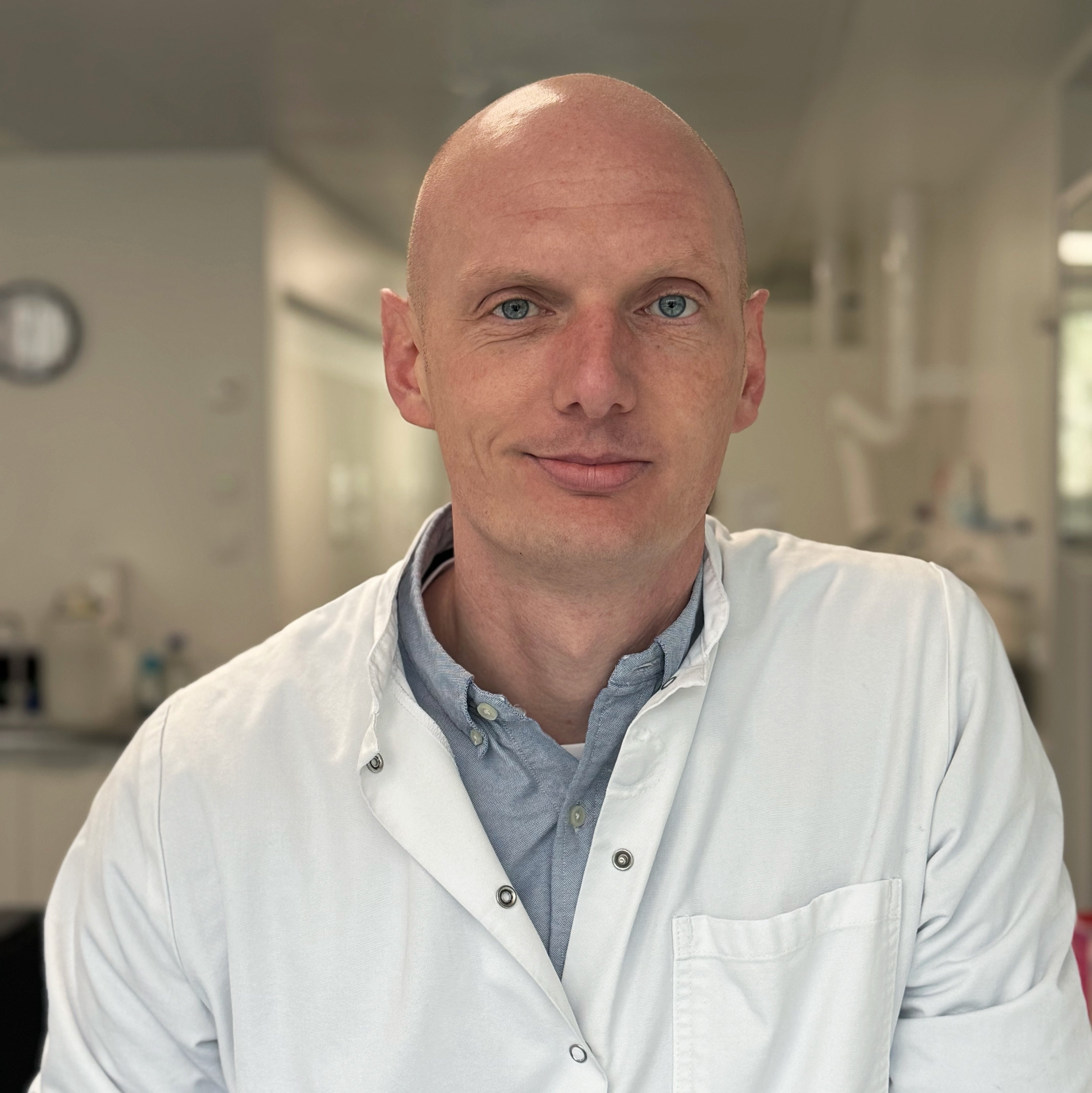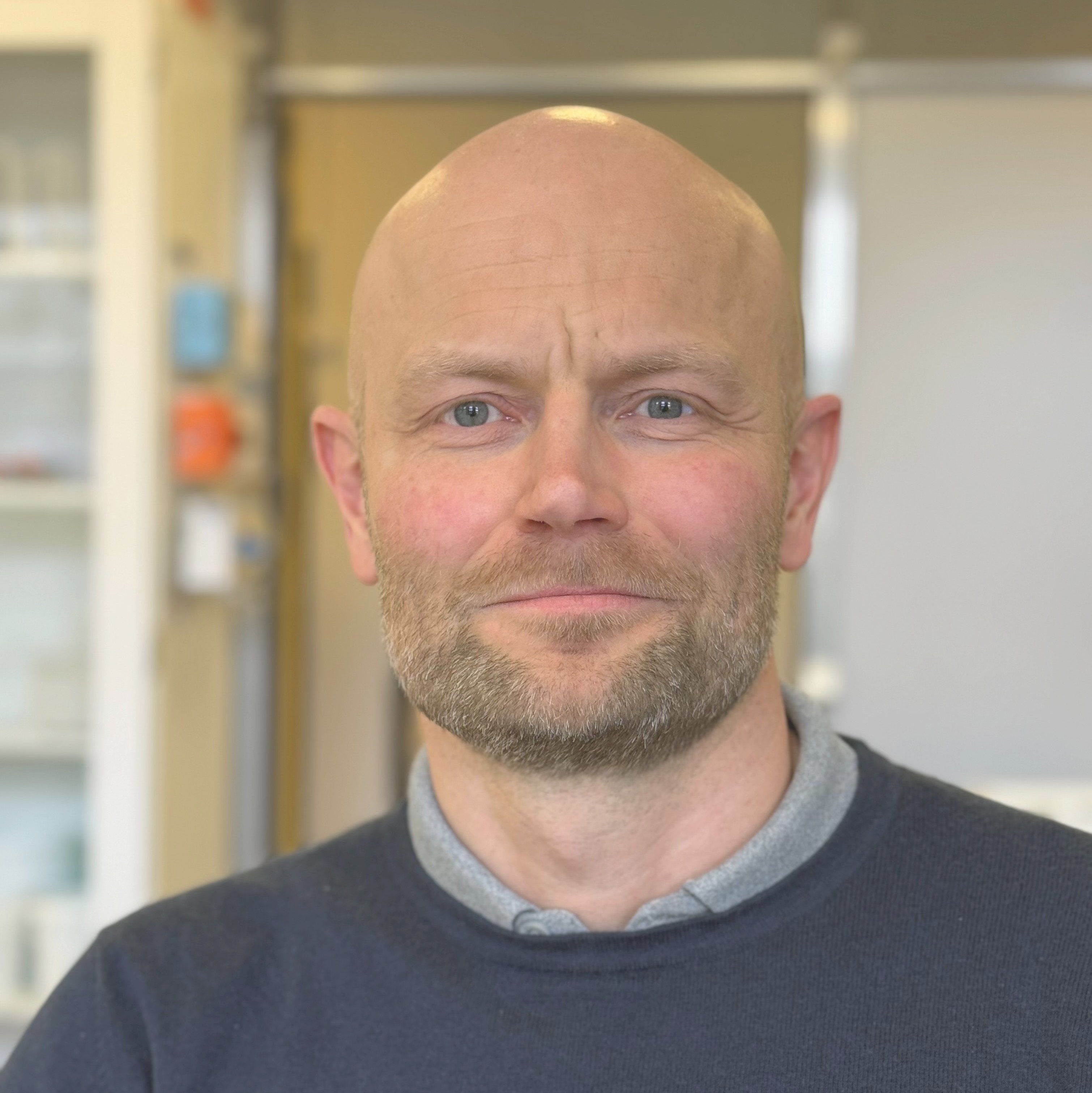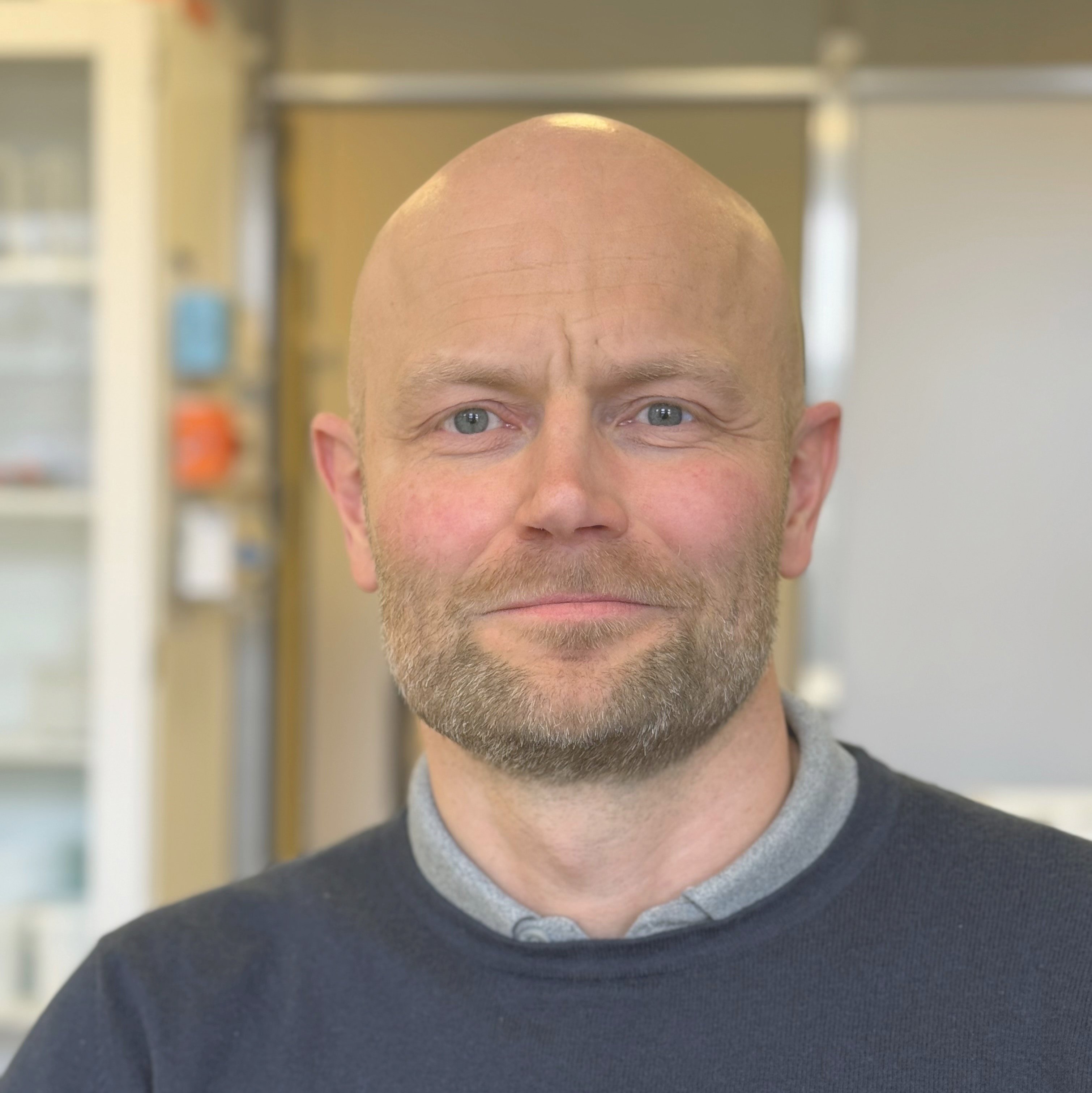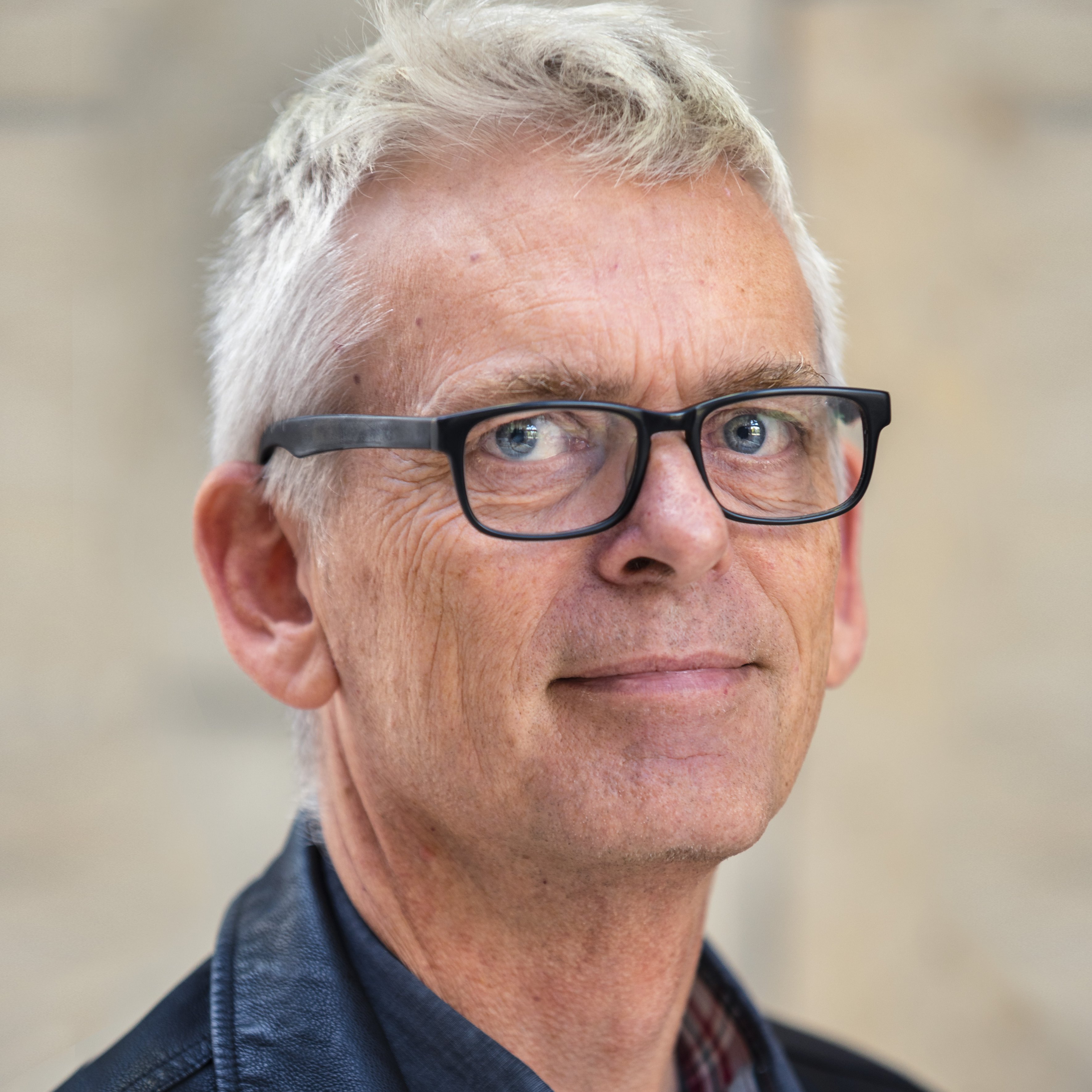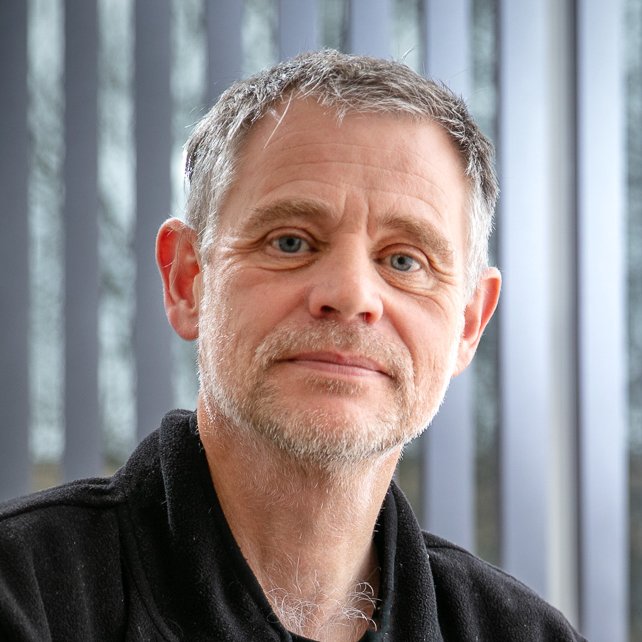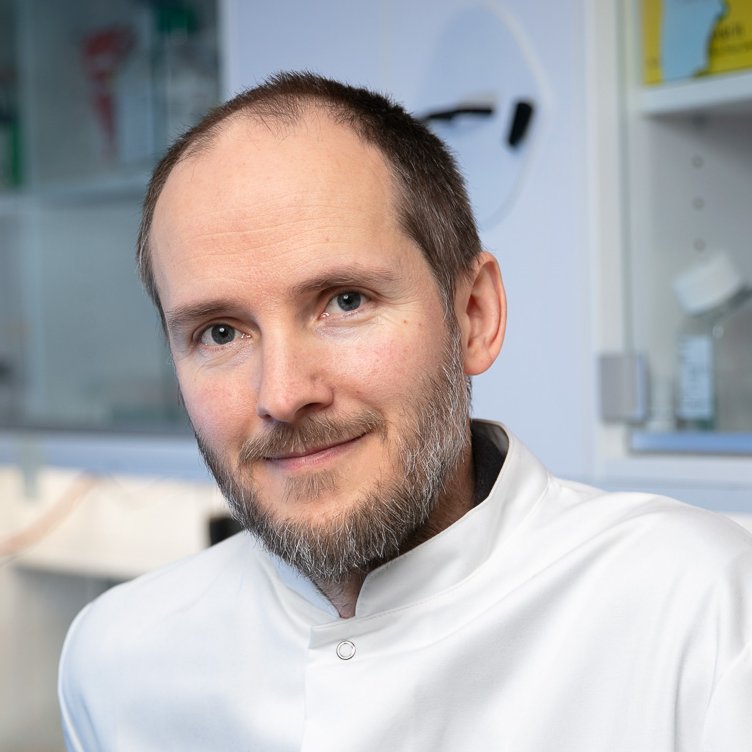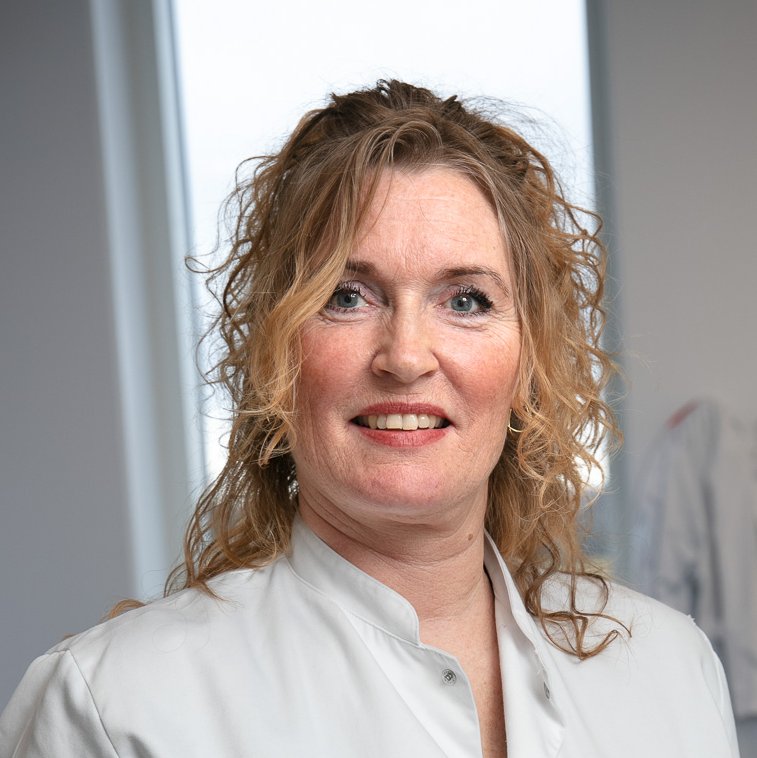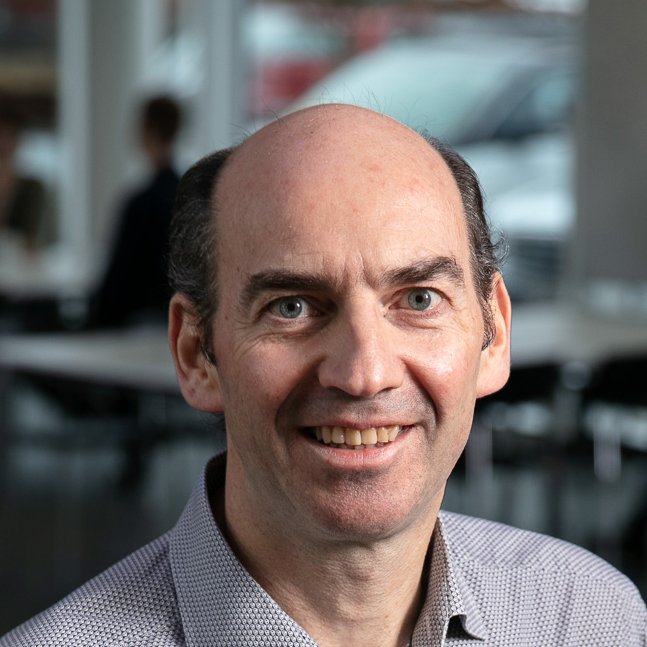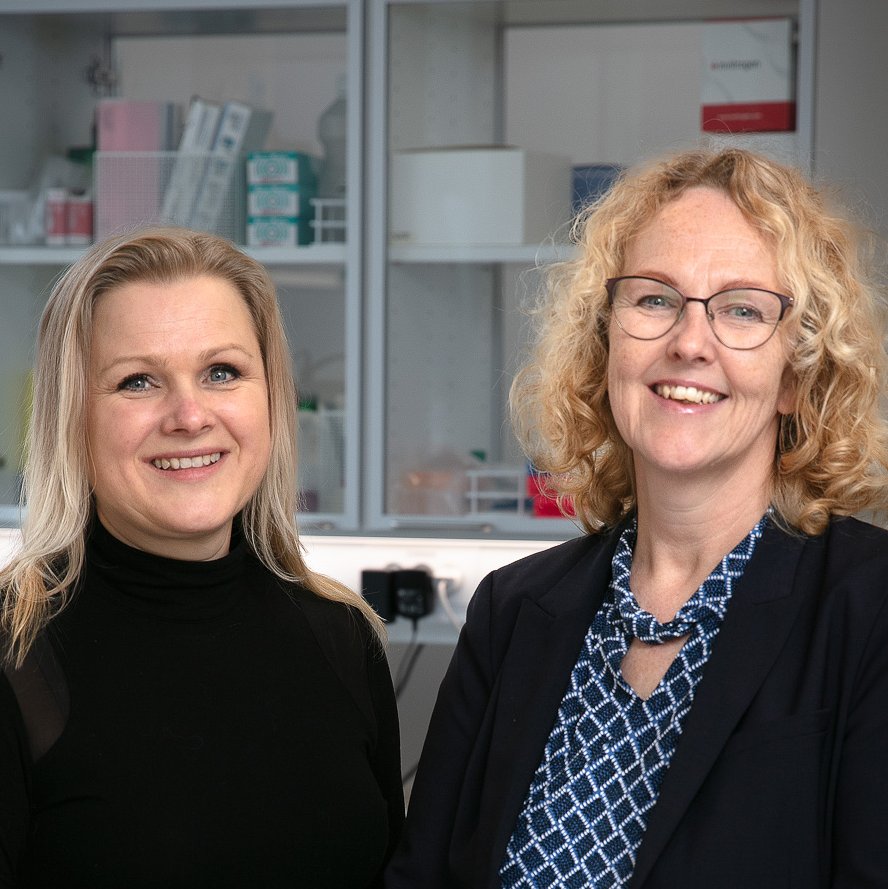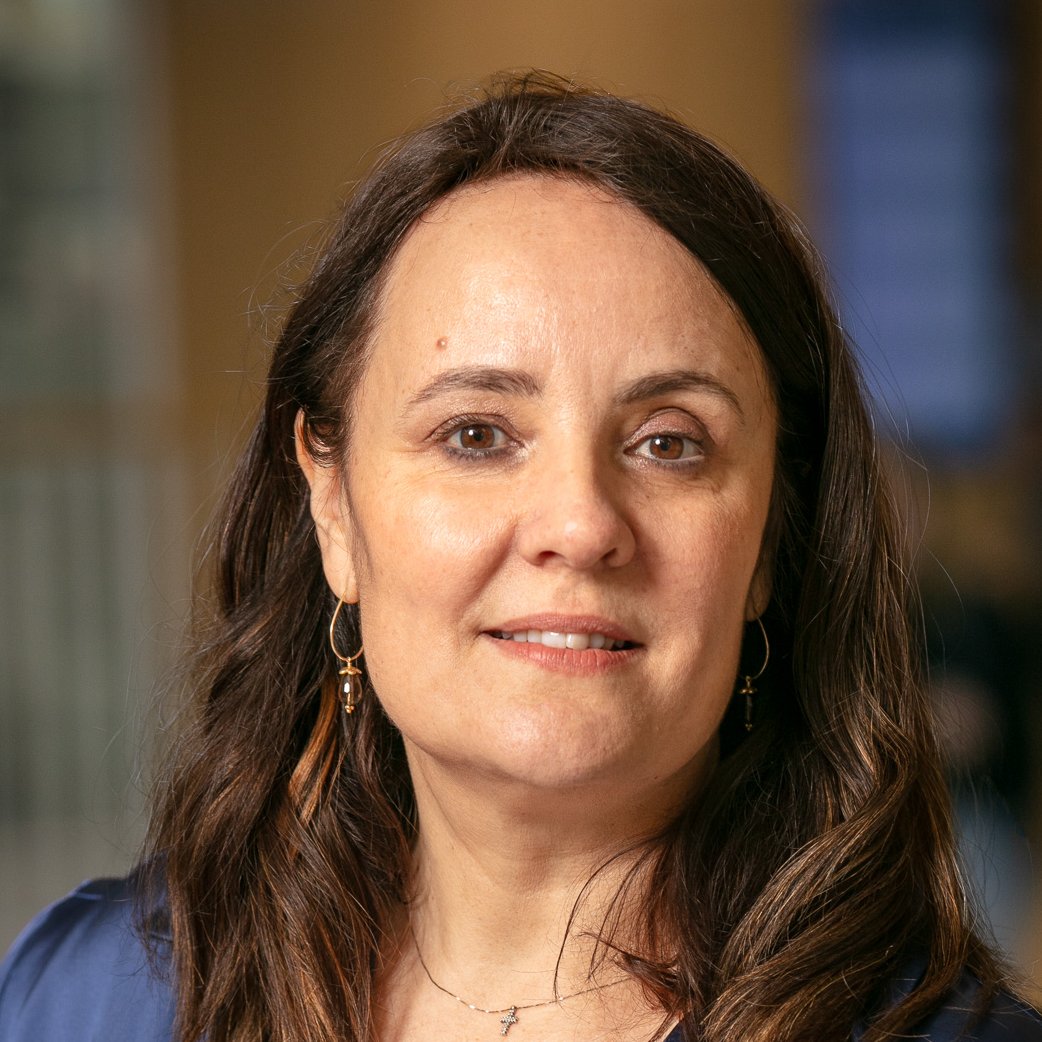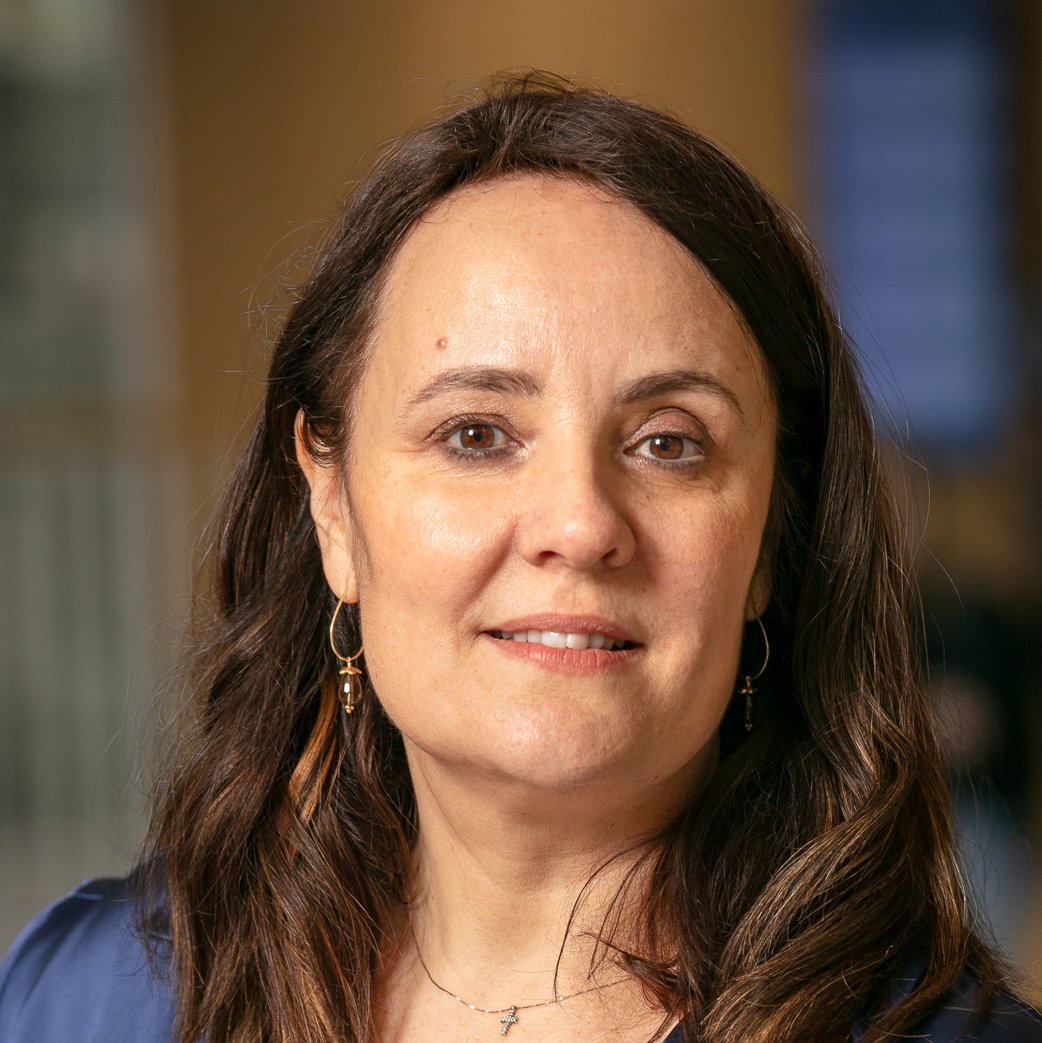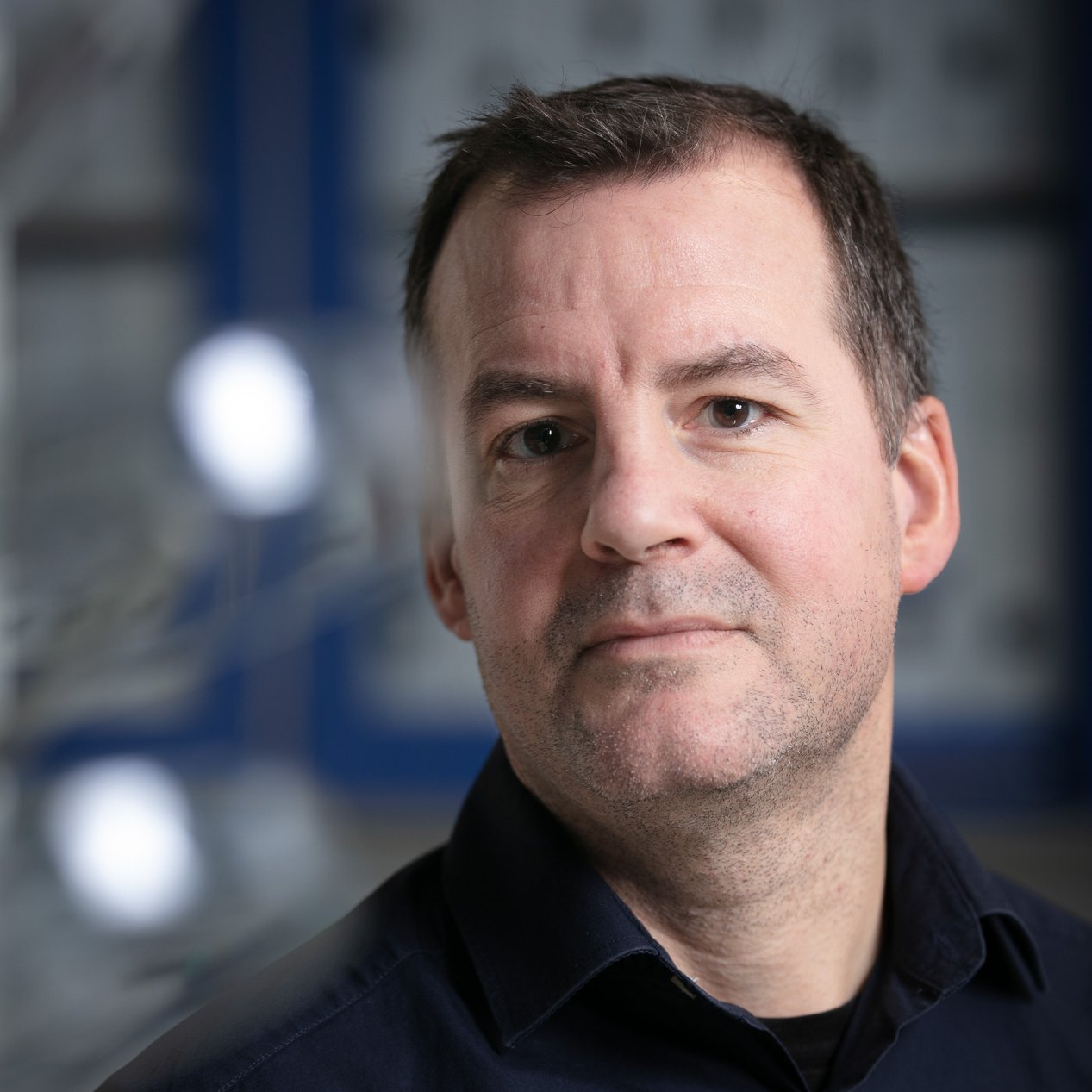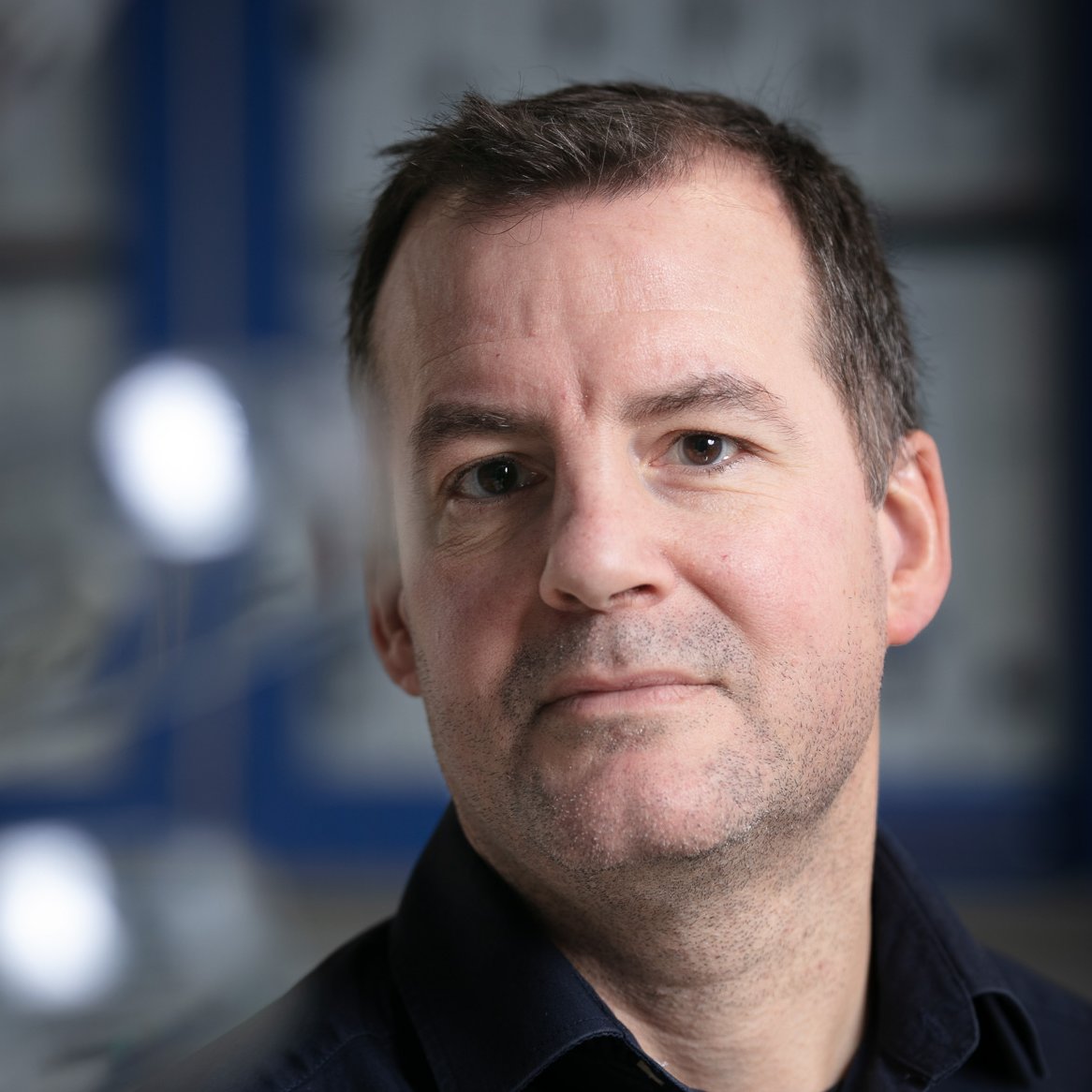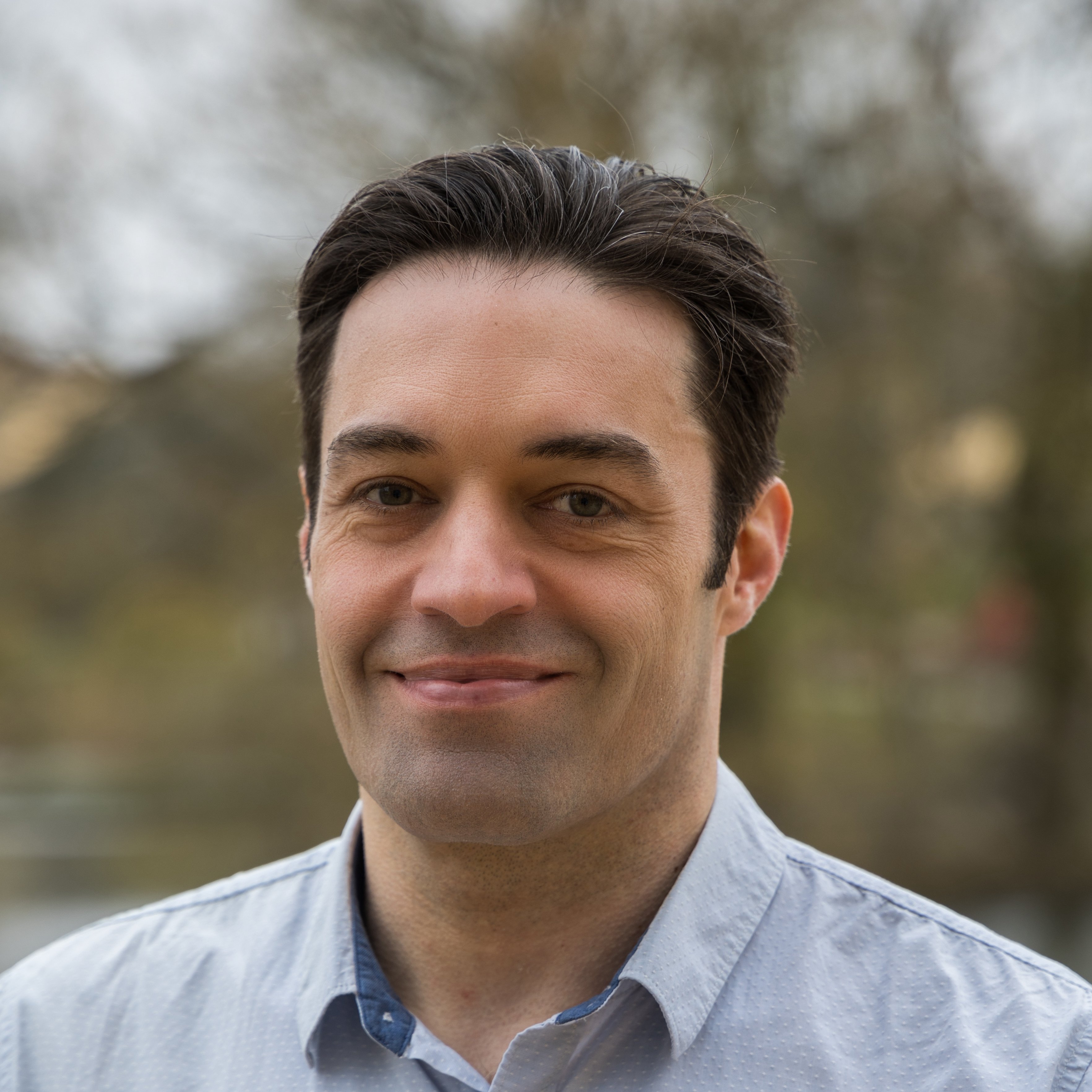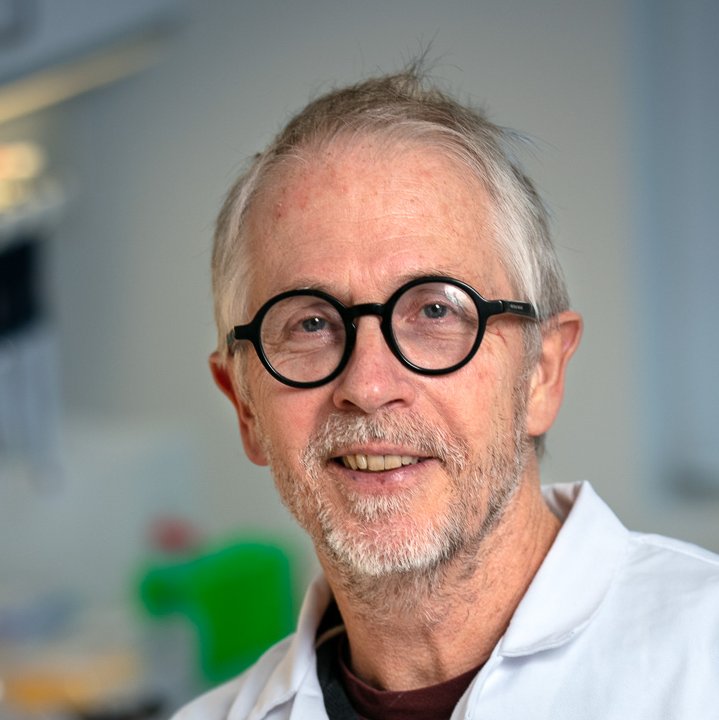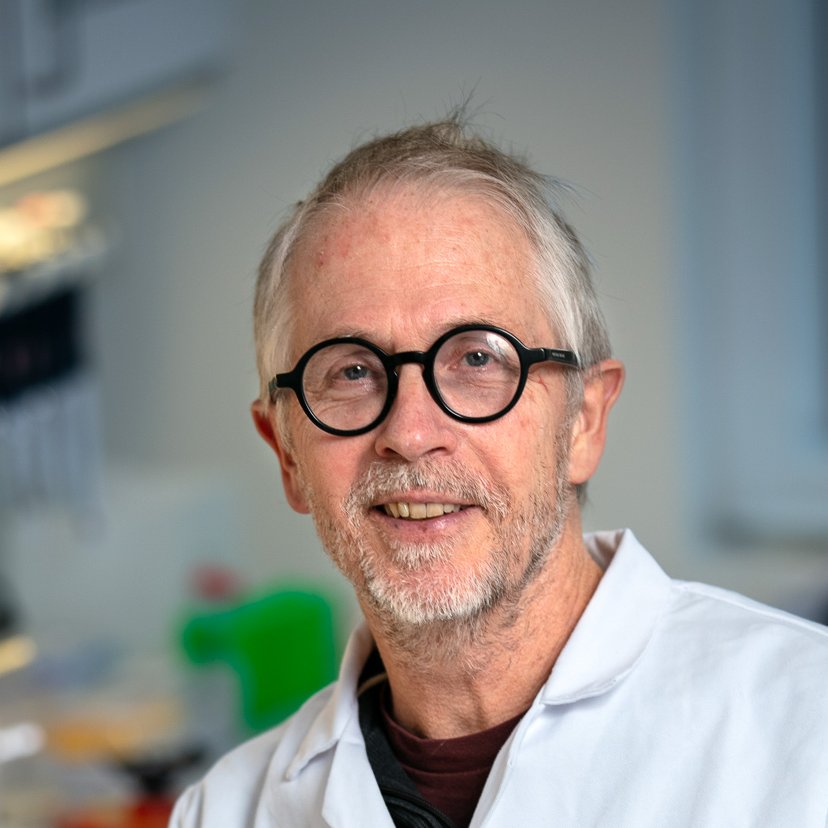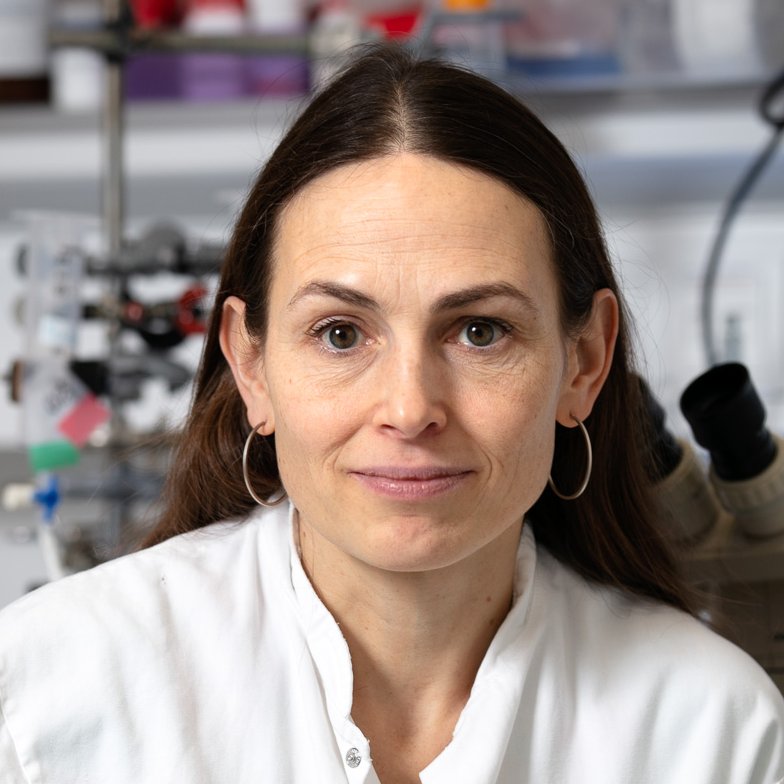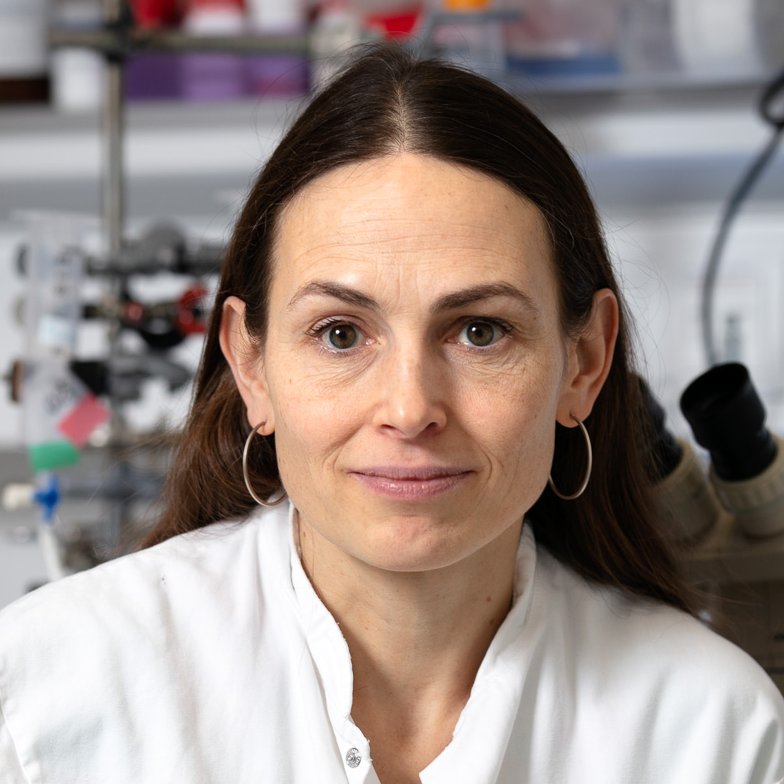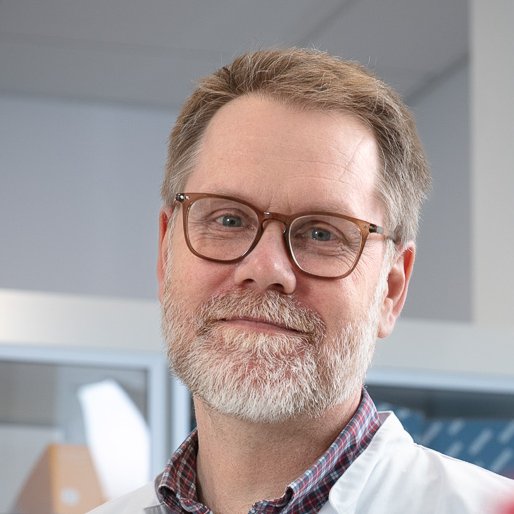BROWSE THROUGH THE ODIN PROJECTS
Here you will find an overview of the research projects funded by ODIN since 2020.
You can either browse by the projects' themes in the fold-out menu to right or you can look through the individual projects in the overview below.
You are welcome to contact the head of the projects if you have any questions related to the individual projects or outcomes.
On this page, you will find an overview of the research projects funded by ODIN since 2020.
You can browse through the individual projects in the overview below.
You are always welcome to contact the head of the projects if you have any questions related to the individual projects or their outcomes.
Cardiometabolic diseases (CMD)
Infectious Diseases
Other disease areas
ADIPOTECH
- engineering adipose tissue organoids for developing novel therapeutics
Aim
To develop physiologically relevant 3D adipose tissue organoids that overcome the limitations of traditional 2D models, thereby improving preclinical predictability and translation to clinical outcomes.
Approach
The ADIPOTECH team is developing advanced 3D co-culture systems to recreate the complex cellular environment of human adipose tissue (AT). The project combines adipocytes with immune cells, endothelial cells, and neurons to model key interactions that drive AT function and dysfunction in metabolic disease. Using stepwise work packages, the team will first establish adipocyte–immune, adipocyte–endothelial, and adipocyte–neuron co-cultures, before integrating all cell types into a single multi-cellular 3D model. This will result in the first comprehensive in vitro model of human AT, enabling mechanistic studies and drug discovery targeting AT inflammation, vascular and neural regulation, and cardiometabolic disorders such as obesity, type 2 diabetes, and atherosclerosis.
Project period
2025-2028
Academic partners
Zach Gerhart-Hines, Associate Professor, University of Copenhagen
- Head of ADIPOTECH
- Adipose tissue metabolism, genetic manipulation, and fat-nerve interactions
Carolina Hagberg, Associate Professor, Karolinska Institutet
- Vascularized adipose tissue organoids, and interaction between fat cells and blood vessels
Lucile Dollet, Assistant Professor, University of Copenhagen
- Adipose tissue immunometabolism, immune signaling, and cell–cell communication in adipose tissue
Industry partners
- Novo Nordisk
FibroCard
- platform for studying and targeting fibrosis in cardiac disease
Aim
To establish and validate a drug screening platform to study the dynamics of fibrosis, fibroblast function and biomarkers.
Approach
The FibroCard project will leverage insights from cardiac fibrosis progression in pigs, human cardiac samples, advanced transcriptomics, and cellular models by establishing a robust and validated human platform for in vitro drug screening of anti-fibrotic treatments. The FibroCard platform will also include validated extracellular matrix biomarkers to monitor disease progression and the efficacy of drug interventions. By integrating these diverse models and methodologies, the FibroCard team will create a comprehensive platform to advance the future discovery and development of new anti-fibrotic therapies for cardiac disease.
Disease
Cardiac fibrosis
Project period
2025-2028
Academic partners
Bo Hjorth Bentzen, Assoc. Professor, University of Copenhagen
- Head of FibroCard
- Cardiac physiology and pharmacology
Thomas Jespersen, Professor, University of Copenhagen
- Cardiac physiology and pharmacology
Helena Dominguez, MD, Cardiologist, Copenhagen University Hospitals
- Translational research in cardiology
Industry partners
- Nordic Bioscience
- Novo Nordisk
SIF
- advancing drug testing assays for atherosclerosis treatment
Aim
To develop smooth muscle cell-based in vitro assays that accurately model relevant cell phenotypes driving atherosclerosis.
Approach
The SIF project will use single-cell spatial transcriptomics to investigate the spatial context and transcriptional profiles of disease-modulating smooth muscle cell (SMC) phenotypes. These insights, combined with existing knowledge, will drive the development of relevant SMC assays. Two complementary approaches will be employed: one using SMCs outgrown from human atherosclerotic plaques and another leveraging SMC spheroids. Both assays enable hypothesis-driven drug testing and will be scaled for industrial application to support compound library screening.
Disease
Atherosclerosis
Project period
2025-2028
Academic partners
Lasse Bach Steffensen, Assoc. Prof, University of Southern Denmark
- Head of SIF
- Expert in smooth muscle cell biology and atherosclerosis
Jacob Fog Bentzon, Professor, Aarhus University
- Atherosclerosis, SMC function, and single-cell transcriptomics
Lars Melholt Rasmussen, Professor, Odense University Hospital
- Clinical Biochemistry
Industry partners
- AstraZeneca
- Novo Nordisk
IMPACT
- improving the pig biomedical model for accelerating translational research in anti-infection drugs and prophylaxes
Aim
To establish an assay platform for monitoring disease and immunogenicity status in the pig to improve outcome of preclinical trials in this animal.
Approach
Based on input from expert scientists from industry and academia, the IMPACT team will identify relevant pig biomarkers of infection and inflammation that translates to humans and establish antibody-based immunoassays and immunogenicity assays. The team will improve infection protocols to better mimic human infection onset and pathogenesis. Furthermore, they will establish histopathology protocols for pig bladder and kidney tissue to enhance interpretation of tissue inflammation and invasive infection.
Disease
Urinary tract infection
Project period
2025-2028
Academic partners
Thomas Emil Andersen, Professor, University of Southern Denmark
- Head of IMPACT
- Pioneered the pig model used in the project
Louise Kruse Jensen, Professor, University of Copenhagen
- Histopathology
Yaseelan Palarasah, Assoc. Prof, University of Southern Denmark
- Immunoassays
Kristian Stærk, Medical Doctor, Odense University Hospital
- Clinical aspects of urinary tract infections
Industry partners
- Coloplast
- GlyProVac
- Litevax
- Inicure
KIDnEx2
- Kidney inverse drug discovery: Exploring and exploiting the ligandable proteome
Disease
Kidney disease
Aim
The KIDnEx2 project aims to revolutionizes kidney drug discovery via an inverse approach, using a novel fragment library to unveil ligandable targets in the kidney proteome.
Approach
The KIDnEx2 team will pioneer an inverse drug discovery approach, using electrophilic scout fragments to map the kidney’s ligandable proteome. By pinpointing and validating novel targets, the project opens new paths for potential therapies in cardiorenalmetabolic diseases. Combining advanced proteomics, computational biology, and in vitro models, the team aims to characterize proteins tied to podocyte function and metabolic pathways as potential targets. A scout fragment library, open datasets, and publications will also lead to an adaptable IDD pipeline for broader impact.
Project period
2025-2028
Academic partners
Markus Rinschen, Associate Professor, Aarhus University
- Head of KIDnEx2
- Kidney disease
Thomas Poulsen, Professor, Aarhus University
- Chemical biology
Amelie Stein, Associate Professor, University of Copenhagen
- Computational biology
Industry partners
- AstraZeneca
- Gubra
- Grit42
T-GATE
- tanycyte-based platform for investigating brain uptake of metabolic peptides and drugs
Disease
Cariometabolic disease as well as other pathologies
Aim
To develop an in vitro human tanycyte barrier model for investigations of brain entry of neuropeptides as well as peptide therapeutics.
Approach
The T-GATE team will create a baseline model using mouse tanycytes and transition to human stem cell-derived tanycytes for peptide transport in a system nearer human physiology. The team's in vitro barrier model enables high-throughput screening of barrier-penetrating compounds, offering a novel brain entry route for metabolic and CNS therapies. The expected outcome of the projects is to provide robust screening tools and open-access knowledge for broader drug discovery.
Project period
2025-2027
Academic partners
Birger Brodin, Professor, University of Copenhagen
- Head of T-GATE
- In vitro tanycyte model development
Vincent Prévot, Senior Research Director, National Institute of Health and Medical Research (Inserm), France
- Tanycyte transcriptomic profiling
Lenka Maletínská, Group Leader, Czech Academy of Sciences (CAS), Czech Republic
- Therapeutic peptide development and testing
Morten Schallburg Nielsen, Professor, Aarhus University
- Advanced imaging and mechanistic studies
Agnete Kirkeby, Group Leader, University of Copenhagen
- Stem cell-derived tanycytes
Industry partners
- Gubra

BALDER
- bayesian analysis of diabetes for enhanced biomarker and drug target identification
Disease
Type 2 Diabetes
Aim
Develop a novel statistical software package that can help researchers identify new biomarkers and drug targets using already existing genomic data from Type 2 Diabetes Mellitus patients.
Approach
The BALDER team used a mathematical approach known as Multi-Trait Bayesian Linear Regression to developa software package, where the user can input genes of interest and select different filters based on interest. The BALDER software package helps the user interpret existing data and see new connections - also new biomarkers and drug targets.
In the BALDER project, the team has taken advantage of the vast amount of genetic data from Tyep 2 Diabetes Mellitus patients that is already out there. These data has been used as a case study to demonstrate the usefulness of the software package. However, researchers can use the software for basically any disease of interest.
Project period
2021-2023 (ODIN pilot project)
Academic partners
- Peter Sørensen, Senior Scientist, Aarhus University
- Head of BALDER
- Statistical models and genetics
- Mads Fuglsang Kjølby, Assistant Professor, Aarhus University (Hospital)
- Diabetes
Industry partners
- Novo Nordisk
BIOMETSCO
- Identification of novel biomarkers and drug dargets for the detection and elimination of occult metastases in colon cancer
Disease
Colon cancer
Aim
To understand the process of metastasis in colon cancer and thereby identify new biomarkers and potential drug targets.
Approach
The BIOMETSCO team investigates tumor tissue samples from colon cancer patients - with a special interest in the invasive tumor front. First, an overall "bulk" analysis is performed to compare two different tissue samples (e.g. healthy vs disease) and identify genes of interest. The second step is spatial transcriptomics to find out which cells express the genes of interst and where these cells are located in the tissue. Lastly, the metastasis-related genes are analyzed in knockdown experiments.
This approach can in principle be applied to many other disease areas.
Project period
2021-2023 (ODIN pilot project)
Academic partners
Lasse Sommer Kristensen, Associate Professor, Aarhus University
- Head of BIOMETSCO
- Cancer epigenetics and RNA biology
Henrik Hager, Clinical Associate Professor, Aarhus University (Hospital)
- Gene expression and cell/stroma interactions in cancer
Industry partners
- BioXpedia
- omiics
- NanoString Technologies
- AstraZeneca
BioPsych
- identification of biomarkers in the human psychiatric brain – focusing on non-coding RNAs and sex differences
Disease
Psychiatric disorders
Aim
To find biomarkers for different psychiatric disorders that can help clinicians diagnose patients and find the most effective individual treatment – and potentially also develop patient-specific treatments.
Approach
In the BioPsych project, the reasearch team used small brain fragments from the Danish Brain Collection, Risskov to identify sex-specific RNA biomarkers for different psychiatric disorders such as depression, bipolar disorder and schizophrenia. The brain samples were collected from psychiatric patients in Denmark between 1945-1982 and the patients have not been treated with the modern medicines used today. Therefore, the BioPsych team were able to compare the "natural state" of brains between different psychiatric disorders. This allowed the team to look for biomarkers that can distinguish between the different psychiatric disorders.
Project period
2021-2023 (ODIN pilot project)
Academic partners
Betina Elfving, Associate Professor, Aarhus University
- Head of BioPsych
- Psychiatric disorders and biomarker discovery
Jørgen Kjems, Professor, Aarhus University
- Biomarker discovery of non-coding RNAs
Lasse Sommer Kristensen, Associate Professor, Aarhus University
- Non-coding RNA expression
Dirk Bender, Head of radiochemistry, Aarhus University Hospital
- Positron Emission Tomography (PET) imaging
Industry partners
- Bioneer
- omiics
CELPPLUS
- Advanced 2D CELL culture for improved Phenotype assays
Disease
Skin diseases
Aim
To better mimic the in vivo environment of cells in cell culture assays to obtain in vitro experimental results that translate better to a human setting.
Approach
The CELPPLUS team has developed a method for better mimicking the natural environment in cell culture assays by using nanotechnological strategies: Proteins from the cells' natural surroundings were placed in a nanopattern on glass plates as the bottom of the traditional cell culture wells. By mimicking the in vivo environment, the cells can behave more similarly to how they would behave in the human body.
The CELPPLUS project used keratinocytes as a case study, but the methods of mimicking the natural surroundings of cells can be used for basically all cell lines that are studied in the lab.
Project period
2022-2023 (ODIN pilot project)
Academic partners
Duncan Sutherland, Professor, Aarhus University
- Head of CELPPLUS
- Nanotechnology with focus on surfaces
Claus Johansen, Professor, Aarhus University (Hospital)
- Skin diseases
Industry partner
- LEO Pharma
FRIGG
- fresh human kidney tissue: exploring biomarkers and intervention targets in CKD
Disease
Chronic Kidney Disease (CKD)
Aim
To develop a model system, which better reflects human chronic kidney disease.
The FRIGG model system can serve as a platform for identification of potential biomarkers and also as an important step in identifying drug targets and testing potential drug candidates.
Approach
The large interdisciplinary FRIGG project team used fresh human kidney slices to establish a platform, which models the different stages of human chronic kidney disease (CKD). Fresh biopsies from both healthy and CKD patients were delivered directly from the operation theater to the research lab. The biopsies were then cut into thin slices and placed in different culture media to induce the distinct phenotypes of kidney tissue observed at different disease stages. The slices can be analyzed by e.g., standard histological methods and spatial transcriptomics.
Project period
2021-2023 (ODIN pilot project)
Academic partners
Lene Niemann Nejsum, Professor, Aarhus University
- Head of FRIGG (shared)
- Renal physiology, pathophysiology and imaging
Rikke Nørregaard, Professor, Aarhus University
- Head of FRIGG (shared)
- Animal models - including unilateral ureteral obstruction as a CKD model
Lin Lin, Associate Professor, Aarhus University
- Spatial transcriptomics and bioinformatics
Jørgen Kjems, Professor, Aarhus University
- Biomarker discovery
Industry partners
- AstraZeneca
- Nordic Bioscience
- Novo Nordisk
IMPAD
- Immune-related biomarkers and targets in Parkinson's disease
Disease
Parkinson's disease
Aim
To identify immune-related biomarkers in the blood of people with Parkinson's disease that will enable clinicians to easily diagnose and stratify and follow patients based on their presence. The IMPAD project also aimed to identify novel targets for immunomodulation that can be used for treating the disease.
Approach
The IMPAD team used blood samples from both healthy controls and well-characterized people with Parkinson’s disease to identify changes in the immune system at different disease stages and subtypes. The blood samples were subjected to both cellular and protein analyses. In this way, the IMPAD team could both show how the neruons are at different stages of Parkinson's disease, and identify blood biomarkers that are only present during disease or at specific stages of the disease. Taken together, the IMPAD team can show how the prescence of blood biomarkers evolves in association with the neuronal changes.
Project period
2021-2023 (ODIN pilot project)
Academic partners
Marina Romero-Ramos, Professor, Aarhus University
- Head of IMPAD
- Expert on the neuroinflammatory process in Parkinson's disease
Jørgen Kjems, Professor, Aarhus University
- Biomarker discovery
Per Borghammer, Clinical Professor, Aarhus University
- Clinical experience with Parkinson's disease
Industry partners
- H. Lundbeck
KidDO
- open discovery of metabolic targets for therapeutic intervention in kidney disease
Disease
Chronic kidney disease
Aim
To identify metabolites that can predict progression of CKD - and to determine if an interplay between metabolites and proteins within the kidneys drive CKD progression.
Approach
The KidDO project focused on changes in metabolites in the kidney during chronic kidney disease. The team used different omiics strategies to identify metabolites and proteins that were altered at different stages of CKD, and to see how they interacted and affected the progression of the disease.
The KidDO team also evaluated five different animal models and compared them to human samples using machine learning strategies, with the hope of identifying which model system most closely resembles the human disease
Project period
2021-2023 (ODIN pilot project)
Academic partners
- Robert Fenton, Professor, Aarhus University
- Head of KidDO
- Kidney disease and metabolites
- Ira Assent, Professor, Aarhus University
- Machine learning and data analysis
- Markus Rinschen, Associate Professor, Aarhus University
- Kidney disease, metabolomics and proteomics
- Ken Howard, Associate Professor, Aarhus University
- Drug delivery
Industry partners
- AstraZeneca
MiCO Platform
- a human stem cell-based miniaturised controlled organoid (MiCO) platform for investigating neurological disorders
Diseases
Neurological disorders
Aim
To develop a high throughput and reproducible human organoid platform, which can be used to investigate mechanisms related to neurological disorders and for the validation of new drugs.
Approach
The MiCO Platform team uses human induced pluripotent stem cells to develop micro brains.The micro brains, which are microscopic models of either the human fore-, mid- or hindbrain, can be generated from any patient cell sample and they are both fast and easy to produce and their small size and high reproducibility makes them ideal for drug candidate screening.
Project period
2021-2023 (ODIN pilot project)
Academic partners
Mark Denham, Associate Professor, Aarhus University
- Head of the MiCO Platform project
- Organoids and human induced pluripotent stem cells
Daniel Otzen, Professor, Aarhus University
- Drug compund testing
Industry partners
- Novo Nordisk
- omiics
oLIVER
- identifying biomarkers for diagnosis and treatment evaluation of non-alcoholic fatty liver disease (NAFLD)
Disease
Liver disease (NAFLD/NASH)
Aim
To identify blood biomarkers in patients suffering from MASH. The biomarkers can potentially help diagnose patients, predict disease development and to monitor treatment responses.
Approach
The oLIVER project team is using an approach called APTASHAPE. By mixing a blood sample millions of small RNA biosensors, the team can generate a digital 'picture' of the blood sample's composition. By 'taking pictures' of different blood samples, the APTASHAPE approach can help researchers find out, which molecular changes are taking place during disease.
Project period
2020-2023 (ODIN pilot project)
Academic partners
- Jørgen Kjems, Professor, Aarhus University
- Head of oLIVER
- RNA and DNA nanotechnology, non-coding RNA, RNA delivery systems and therapeutic applications
- Christian B. Vægter, Associate Professor, Aarhus University
- Neuroscience, Peripheral nervous system, Glial cells of the PNS
- Henning Grønbæk, Clinical Professor, Aarhus University (Hospital)
- Hepatology and Gastroenterology
Industry partners
- Novo Nordisk
P2P CPP
- optimization of cell-penetrating peptides to enable therapeutics with intracellular targets
Disease
Cancer
Aim
To increase the understanding of the physiological effects of cell penetrating proteins (CPPs) and thereby eventually enable intracellular drug delivery using CPPs.
Approach
The P2P CPP team set-up an interative approach for testing CCP-drugs. First the CPP-drug’s effects were analyzed in electrophysiological and vasodilation assays. Here, the P2P CPP team analyzed ion currents and contractility arteries from both rodents and humans. As a last step, the observed effects of the CCP-drugs were compared to the in vivo effect in mice.
Project period
2021-2023 (ODIN pilot project)
Academic partners
Hanne Poulsen, Associate Professor, Aarhus University
- Head of P2P CPP
- Electrophysiology, effects of ion currents in oocytes, microscopy and flow cytometry
Ulf Simonsen, Professor, Aarhus University
- Pharmacology, vascular effects of therapeutics, distribution of drugs and in vivo effects in mice
Daniel Otzen, Professor, Aarhus University
- Biophysical characterisation of peptides, circular dichroism, vesicular effects
Industry partner
- STipe Therapeutics
THOR
- targeting smooth muscle cells for atherosclerosis therapy
Disease
Atherosclerosis
Aim
To find new drug targets in relation to smooth muscle cells for the treatment of atherosclerosis.
Approach
The THOR project team started out by identifying human genes linked to atherosclerosis before they filtered out the genes that were related to cholesterol. From this list, the genes that were expressed predominantly in smooth muscle cells were selected for knockdown studies in cell culture assays with smooth muscle cells steered into atherosclerosis-relevant phenotypes.
Project period
2021-2023 (ODIN pilot project)
Academic partners
- Jacob Fog Bentzon, Professor, Aarhus University
- Head of THOR
- Atherosclerosis and smooth muscle cells
- Mette Nyegaard, Aalborg University
- Human genetics and genomics
Industry partner
- Novo Nordisk

ABOUT ODIN
We unite bright minds from industry and academia to jointly create need-driven clinical research projects - and pave the way for innovative new treatments and diagnostics. We fund the best project ideas through competitive funding calls. Although companies cannot receive funding, it is free of charge to join.
The platform is sponsored by the Novo Nordisk Foundation with 180 million DKK from 2024-2029.
CONTACT ODIN
You are welcome to contact us if you have questions or comments. Reach out to odin@au.dk or find the Secretariat's direct email addresses under contacts.
Although the platform spans five Danish universities, we're based in Aarhus. Our office is located at Aarhus University, Ny Munkegade 116, Bldg 1535-117.



